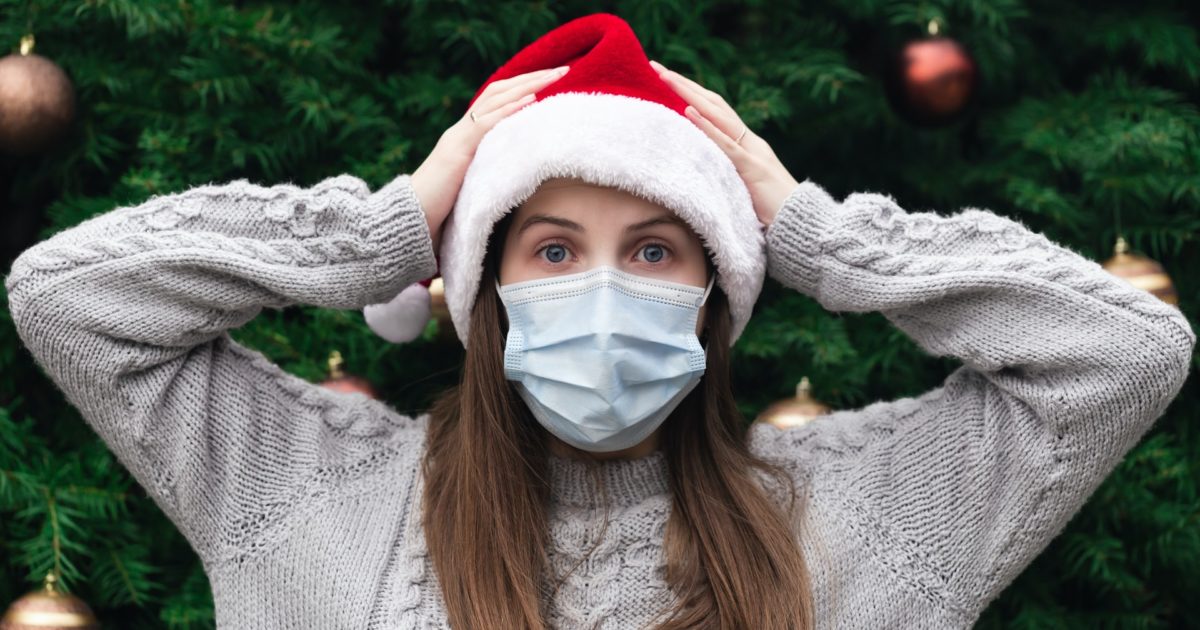It’s beginning to look a lot like Christmas is going to be a dud this year. The Coronavirus is surging around the country and the US is setting records on an almost daily basis for new cases, hospitalizations, and deaths. State and local governments are issuing new public health restrictions and guidelines that will be in place over the holiday. For many Americans, such as those in California, that means that Christmas will be celebrated under shelter-in-place orders.
I’m seeing a lot of posts in my social media feeds from friends and politicians who believe that the COVID guidelines represent an assault on religious freedom or a resumption of the War on Christmas. Nothing could be further from the truth.
What Rep. Jordan and many others fail to acknowledge is that the Coronavirus pandemic is a real public health threat and that the illness is spread from person-to-person. Travel and public gatherings – Christmas or otherwise – represent an opportunity for infected people to spread the virus around the country and quite possibly end up killing their loved ones.
It isn’t a matter of Dr. Fauci and others simply being grinches who want to destroy Christmas, it is a question of the health and lives of hundreds of thousands of Americans.
A few weeks ago, I described how the Supreme Court upheld the validity of the idea of emergency public regulations in Roman Catholic Diocese of Brooklyn, New York v. Andrew M. Cuomo. While the Court prevented New York from instituting onerous regulations that singled out religious services, it did not say that all restrictions on religious groups were unconstitutional. Rather, the Court agreed that “stemming the spread of COVID–19 is unquestionably a compelling interest.”
In the decision, the Court laid out a test for whether such restrictions were permissible under the First Amendment. To be constitutional, the regulations must first address a legitimate local problem such as COVID clusters in local churches. Second, religious institutions cannot be singled out for more restrictive regulation than secular organizations. However, there is a loophole here. Rules can be narrowly tailored if the government can show that there is a compelling state interest. Temporarily closing the doors of churches that ignore all health guidelines and host superspreader events could be such a compelling interest.
I’ve always believed that freedom must be tempered with responsibility. When people act irresponsibly with their freedoms, those rights often tend to get restricted and limited. It is no different in a pandemic.
Yes, you have the right to go to church and to Christmas gatherings, but you also have the civic duty to act responsibly and not act as an agent of infection to your family and community. Choosing to exercise your rights in a responsible manner helps us to keep our freedoms as well as showing Christian love to your neighbors.
The Coronavirus pandemic does not mean that Christmas is canceled. It does mean that we need to find alternative ways to celebrate. In the 21st century, we have the ability to celebrate the birth of Christ while minimizing the risk to our high-risk friends and family.
What would Jesus do?
Follow David Thornton on Twitter (@captainkudzu) and Facebook
The First TV contributor network is a place for vibrant thought and ideas. Opinions expressed here do not necessarily reflect those of The First or The First TV. We want to foster dialogue, create conversation, and debate ideas. See something you like or don’t like? Reach out to the author or to us at ideas@thefirsttv.com.

